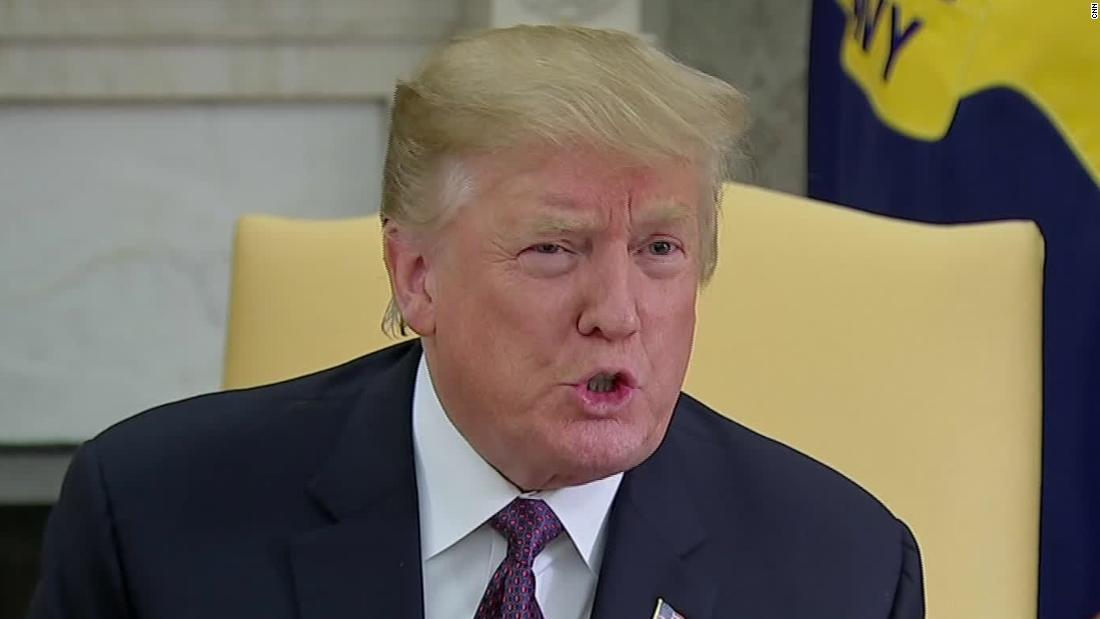
The hearing will mark the first major test in court in Trump's standoff with multiple ongoing congressional investigations.
In this case, the Democratic-controlled House Oversight Committee has subpoenaed the accounting firm Mazars USA for all financial statements, communications and other documents related to Trump, a handful of his companies and his foundation from 2011 through 2018.
Trump's personal legal team then sued Mazars to stop the subpoena, prompting the House to step up in court to argue for its investigative request.
The case will weigh the extent of Congress' authority and the personal privacy claims of the President -- in a court system that's generally refrained from infringing on congressional investigations, including subpoenas.
All about timing
In this case, timing may be everything.
So far, the President's legal team has said Judge Amit Mehta is moving too quickly. Even if the Trump team were to ultimately lose the case, the federal courts could be used to tie up the subpoena for months -- potentially past the 2020 elections.
Mehta of the US District Court in DC said last week he wanted to hold a comprehensive hearing about the subpoena on Tuesday, essentially fast-tracking Trump's challenge toward a trial court-level resolution. But the President's attorneys say they are not being given a fair shot in court, and wanted to either narrow the topics covered in court this week or cancel the hearing outright.
Mehta refused to cancel Tuesday's arguments. He will hear more from Trump's team regarding timing in court on Tuesday, but could also push the case forward toward making a comprehensive ruling.
In addition to Mazars, Trump is trying to stop two banks from fulfilling separate House subpoenas for his records.
The accounting firm and banks haven't taken sides in the cases. Instead, the House general counsel is arguing opposite Trump.
Michael Cohen's allegations
Mazars became a target in the House investigation after former Trump personal attorney Michael Cohen accused Trump of fudging his wealth in an unsuccessful attempt to buy the Buffalo Bills football team and reduce his real estate tax burden.
The House has argued that it has the authority to subpoena Trump's information, and says it is investigating potential constitutional, conflict of interest and ethical questions related to Trump's financial holdings.
Trump's attorneys, conversely, say the President is being targeted by the Democrats for political reasons -- that the subpoena doesn't have a legislative purpose. They also argue Trump will be harmed if his private information from his accountant is exposed.
Those arguments didn't work in at least one recent court challenge of a congressional subpoena --when the opposition research firm Fusion GPS tried to block a bank from turning over its financial records to House Republicans.
The House Financial Services and Intelligence committees are also investigating the President's finances and have delivered subpoenas to Deutsche Bank, Capitol One and other major banks.
Trump, his businesses, and three of his children -- Ivanka, Donald Jr. and Eric -- are suing in New York federal court to stop the subpoenas to those banks and won't be heard by a judge until next week.
Separately, a fourth Democratic-controlled House committee, Ways and Means, issued a subpoena late last week for Trump's tax returns from the IRS.
No comments:
Post a Comment